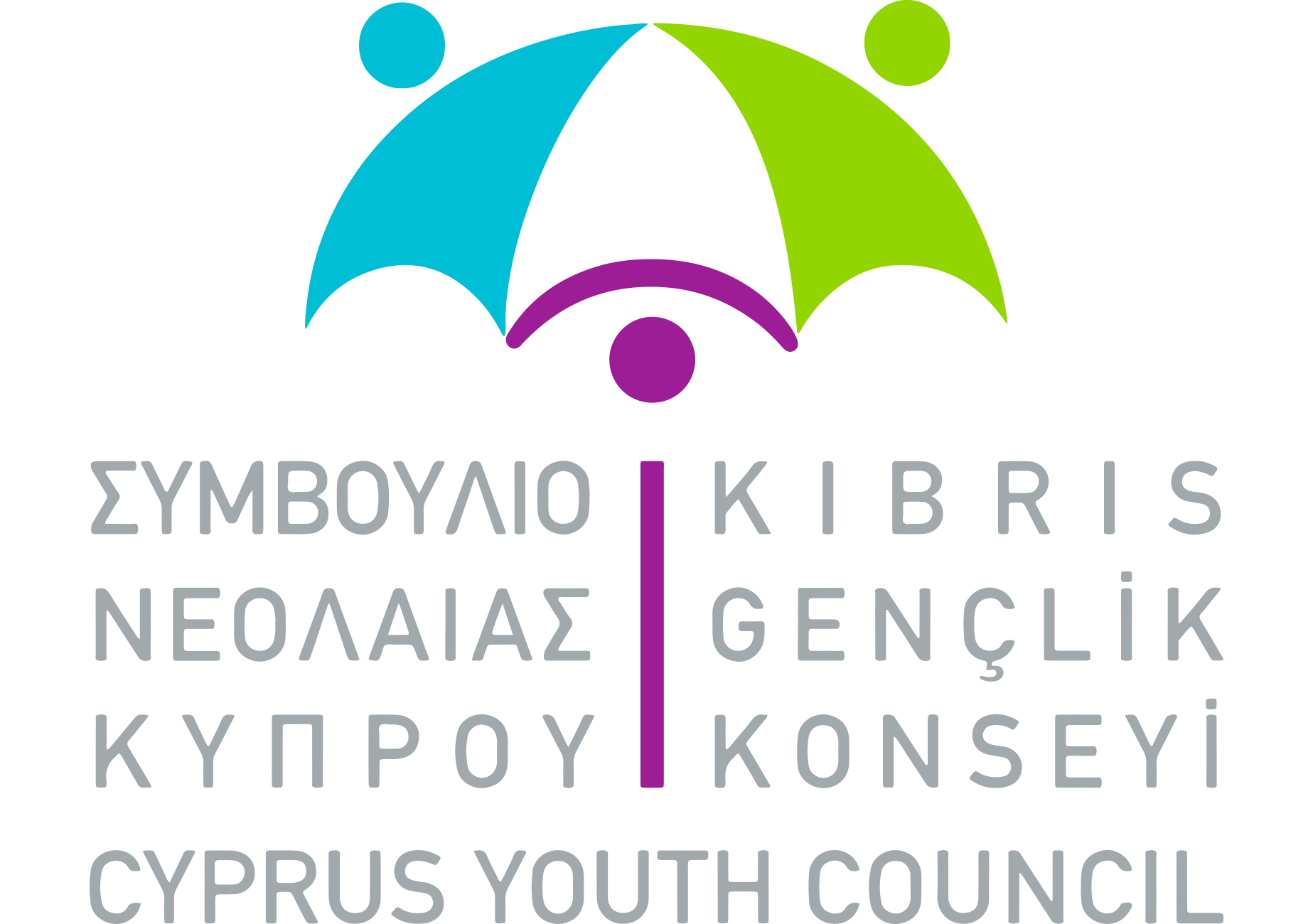
Adopted in Cascais (Portugal) on 27 April 2018 by the 29th General Assembly of the European Youth Information and Counselling Agency (ERYICA)
Preamble
We live in complex, digitalised societies and in an interconnected world that oers many challenges and opportunities. Access to information and the ability to analyse and use information is increasingly important for young people in Europe and beyond. Youth information work helps them achieve their aspirations and promotes their participation as active members of society. Information should be provided in ways that enlarge the choices available to young people, and that promote their autonomy and empowerment. Respect for democracy, human rights and fundamental freedoms implies the right of all young people to have access to comprehensive, objective, understandable and reliable information on all their questions and needs. This right to information has been recognised in the Universal Declaration of Human Rights, in the Convention on the Rights of the Child, in the European Convention for the Protection of Human Rights and Fundamental Freedoms, and in the Recommendations N° (90) 7, CM/Rec(2010)8 and CM/Rec(2016)7 of the Council of Europe concerning information and counselling for young people and young people’s access to rights. This right is also the basis for youth information activities undertaken by the European Union. Generalist youth information work covers all topics that interest young people, and can include a spectrum of activities: informing, counselling, supporting, coaching, training, networking, and referral to specialised services in order to engage and empower young people. These activities may be delivered by youth information centres, or through youth information services in other structures and environments. The principles of this Charter are intended to apply to all forms of generalist youth information work. They constitute a basis for minimum standards and quality measures that should be established in each country as elements of a comprehensive, resourced, coherent and co-ordinated approach to youth information work, which is an integral part of youth policy.
Principles
1. INDEPENDENT
1.1 The information oered is comprehensive, provides an overview of dierent options available and is based on pluralist and veried sources. 1.2 The information oered is independent of any religious, political, ideological or commercial inuence. 1.3 Sources of funding for youth information do not compromise the application of any of the principles of this Charter.
2. ACCESSIBLE
2.1 Youth information services guarantee equality of access. 2.2 Youth information centres and services are easily accessible, attractive and visible to young people. 2.3 Youth information is understandable for young people.
3. INCLUSIVE
3.1 Youth information services are open to all young people without any form of discrimination. 3.2 Youth information services are free of charge for all young people. 3.3Youth information centres and services strive to reach out to all young people, in ways that are eective and appropriate to dierent groups and needs.
4. NEEDS BASED
4.1 Youth information services are based on the needs of young people. 4.2 The information available covers all topics that matter to young people. 4.3 Each user is respected as an individual and the response to each question is personalised in ways that are eective and appropriate. 4.4 Youth information structures have enough human resources in order to guarantee personalised support and services.
5. EMPOWERING
5.1 Youth information services empower young people and foster their autonomy. 5.2 Youth information services provide young people with media and information literacy skills to act in a safe and responsible way 5.3 Youth information services promote active citizenship and participation.
6. PARTICIPATIVE
6.1 Young people participate in the production, dissemination and evaluation of youth information, at dierent levels and in dierent forms. 6.2 Youth information services oer platforms for peer-to-peer activities. 6.3 Young people are encouraged to give feedback as an integrated part of the ongoing development of youth information services.
7. ETHICAL
7.1 Youth information services respect young people’s right to privacy, condentiality and anonymity. Youth information services provide a safe environment for young people. 7.2 Criteria for selecting information are made public and understandable. The author and the purpose of the information are clear and visible. 7.3All information produced or disseminated is accurate, complete, up-to-date and veried.
8. PROFESSIONAL
8.1 Youth information services are provided in a professional manner by trained sta. 8.2 Youth information workers have media and information literacy skills. 8.3 Youth information services co-operate with relevant stakeholders in order to identify needs, look for synergies, share expertise and make youth information visible. 8.4 Youth Information workers cooperate at local, regional, national, European and international level and share best practices and knowledge. 8.5 Youth information workers ensure that young people have knowledge and skills to use the digital services targeted to them.
9. PROACTIVE
9.1 Youth information services are innovative in their choice of strategies, methods and tools to reach out to young people. 9.2 Youth information workers are aware of new developments, relevant laws and keep themselves informed about trends among young people. 9.3 Youth information workers are proactive players in the media and information landscape to ensure quality youth information is visible.
You can download the European Youth Information Charter HERE
